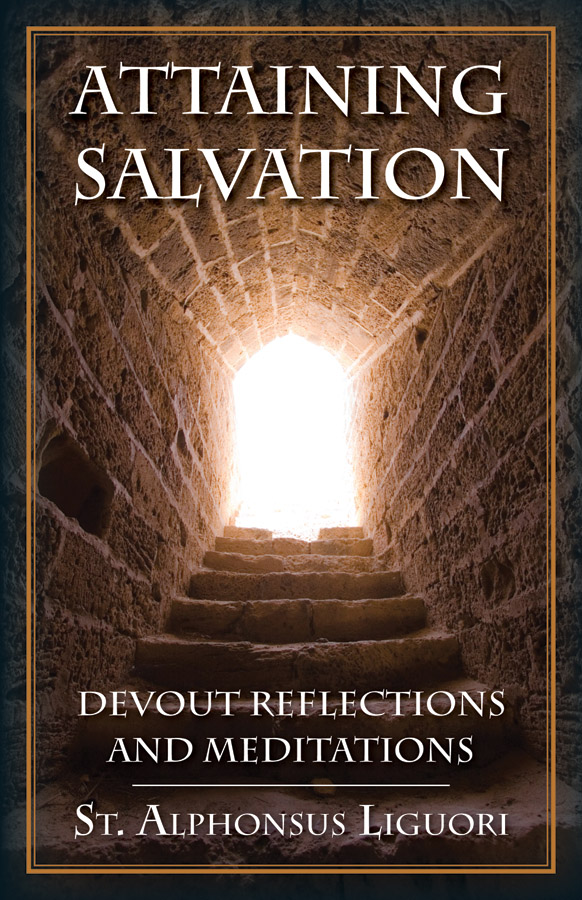St. Alphonsus Liguori, one of the most brilliant and prolific writers in Church history, completed Attaining Salvation at 77 years old. As one of the most blessed intellectuals of our Faith, there is no better teacher for us than the great Alphonsus Liguori in the matter of discerning worldly knowledge from heavenly knowledge.
Two Kinds of Knowledge
There are two kinds of knowledge upon earth, one heavenly, the other worldly.
The heavenly is that which teaches us to please God and to become great in Heaven.
The worldly is that which moves us to please ourselves and to become great in this world.
But this worldly knowledge is folly and real madness in the sight of God. “For the wisdom of this world is foolishness with God.” (1 Corinthians 3:19). It is folly, for such wisdom makes fools of those who cultivate it. It makes them fools and like the brutes, for it teaches them to gratify their sensual appetites like the brute beasts.
Man’s Gift of Reason
St. John Chrysostom writes: “We call him a man who preserves unimpaired the likeness of man,” namely, that which distinguishes him from a brute. “What is that likeness? The gift of reason.”
From this it follows that as we should say of a brute which always acted according to reason, that it behaved like a man, so on the contrary, we ought to say of a man who acts according to his sensual appetites and in opposition to reason, that he behaves like a brute beast.
Abusing Our Gift of Reason
But even speaking of human and natural knowledge of earthly things, what do men know of them, however much they have studied? What are we but so many blind moles, who besides the truths which we know by faith, know all the rest only by means of our senses, or by conjecture, so that everything is for us uncertain and liable to error? What writer on such subjects, however applauded by any, has escaped the criticism of others?
But the evil is that, as St. Paul says, “Knowledge” (that is to say, worldly science) “puffs up,” and makes men proud and prone to despise others. (Cf. 1 Corinthians 8:1). And this is a defect most injurious to the soul, for as St. James says, “God resisteth the proud and giveth grace to the humble” (James 4:6).
Seeking Heavenly Knowledge
Oh if men would act by reason and the Divine Law—and thus would learn to provide, not so much for a temporal life, which speedily ends, as for eternity—they would certainly not occupy themselves in the attainment of any other knowledge, except such as aids them in obtaining eternal happiness and avoiding eternal torments!
Blessed is he who has received from God the science of the Saints. The science of the Saints is to know how to love God. How many in the world are well-versed in literature, in mathematics, in foreign and ancient languages! But what will all this profit them if they know not how to love God? “Blessed is he,” said St. Augustine, “who knows God, even if he knows nothing else.” He that knows God and loves Him, though he be ignorant of what others know, is more learned than all the learned who know not how to love God.
This article is taken from a chapter in Attaining Salvation: Devout Reflections and Mediations by St. Alphonsus Ligori, which is available from TAN Books.









